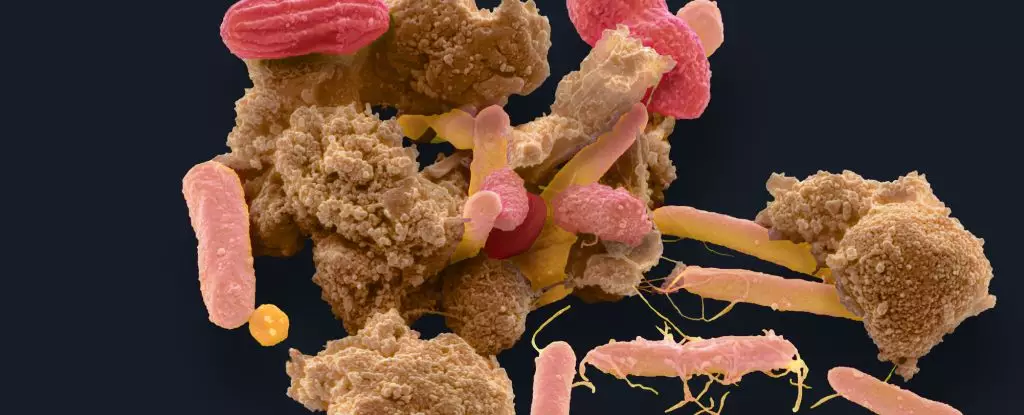When we think about our health, we often focus on exercise, nutrition, and sleep, sidelining an often-overlooked aspect: gut health. Our gastrointestinal system is home to trillions of microbes, a diverse population essential for maintaining body equilibrium. This state—dubbed eubiosis—plays a critical role not only in digestion but also in overall well-being. However, when disrupted by antibiotics, poor dietary choices, or various illnesses, an imbalance occurs, leading to a host of health issues. These range from mild digestive discomfort to severe conditions like Crohn’s disease and even mental health disorders. While the topic of gut health has attracted increasing attention, the solutions presented, such as faecal microbiota transplantation (FMT), warrant a more critical examination.
The Faecal Microbiota Transplant Controversy
Once a beacon of hope for those suffering from various gut-related diseases, FMT has garnered considerable popularity. In essence, this procedure involves transferring stool from a healthy donor into the intestines of a recipient, often humorously referred to as “crapsules” or “poo pills.” The premise is straightforward: restore the recipient’s microbiome by introducing beneficial microbes to enhance gut health. Conditions from irritable bowel syndrome to obesity have reportedly seen improvement post-transplant. However, emerging research paints a less rosy picture, with a recently published study raising significant concerns about this widely embraced treatment.
The findings indicate a phenomenon referred to as “mismatch,” akin to organ transplant rejection. In simplistic terms, if the microbial flora from the donor isn’t compatible with the recipient’s gut environment, the consequences can be detrimental. The study conducted on mice demonstrated that incorrect placement of microbial strains led to disruptions in metabolic and immune functions. The lasting alterations in gene expression linked to energy balance and immunity sound alarm bells that cannot be ignored.
Beyond Immediate Treatment: The Long-Term Risks
What stands out starkly from the recent revelations is the potential for long-term implications of mismatched FMT. The researchers caution that these shifts in microbial balance, particularly ones that influence energy metabolism and immune system responses, could lead to unforeseen health issues down the line. Such changes are not merely transitory; they can provoke lasting alterations in one’s health landscape. While the research does not definitively identify precisely what health problems could result from these disruptions, the very notion that FMT could inadvertently lead to new health issues is troubling.
For a treatment that is often seen as a panacea for gastrointestinal struggles, this layer of complexity points towards a crucial need for regulatory scrutiny. Medical practitioners must exercise caution and adopt a more rigorous approach to donor selection, dosing, and timing when it comes to FMT. These factors can profoundly influence the success of the procedure, potentially safeguarding against adverse effects.
New Frontiers: A Holistic Approach to Microbiota Restoration
Fortunately, the field of gut health is not stagnant but evolving, with innovative alternatives emerging. The “omni microbial approach” stands out as a promising solution. Instead of focusing solely on the colon, this technique aims to transfer a broad spectrum of microbes from various gut regions, allowing for a more natural and balanced microbiome restoration. This shift indicates a move toward personalized medicine, which understands that the gut is not a monolith and treats it with the depth it requires.
Additionally, exciting advancements like ‘terraforming’ the gut suggest a path forward that embraces selective microbial introductions. By carefully curating specific microbial populations to reshape gut regions, we might improve functionality without the risks associated with traditional FMT. These methods have the potential to pave the way for effective treatments that could spark new hope for many suffering from gut-related disorders.
The new insights into faecal transplants reveal an urgent need for caution and innovation alike. While the initial promise of restoring gut health through microbe transfer was enticing, the complexity of gut ecology is becoming clear. It is high time for the medical community to prioritize more nuanced and comprehensive approaches to gut health, ensuring that treatment does not come at the cost of a patient’s long-term well-being.

